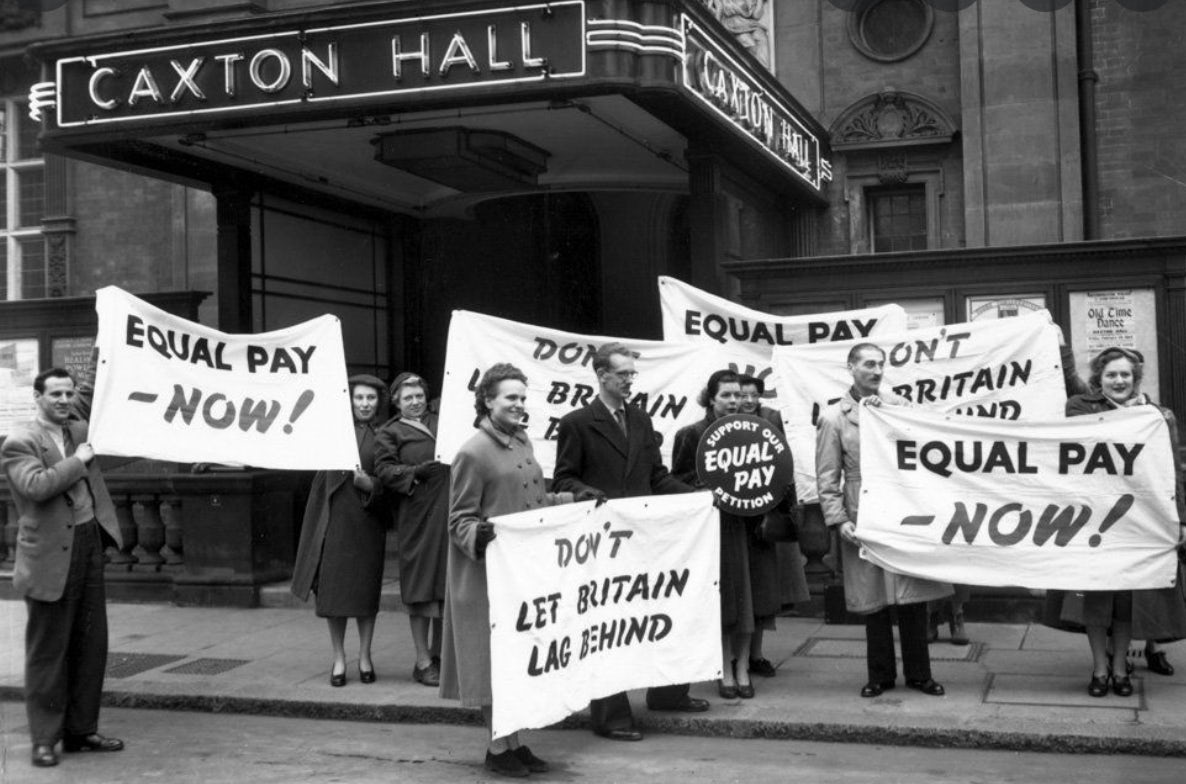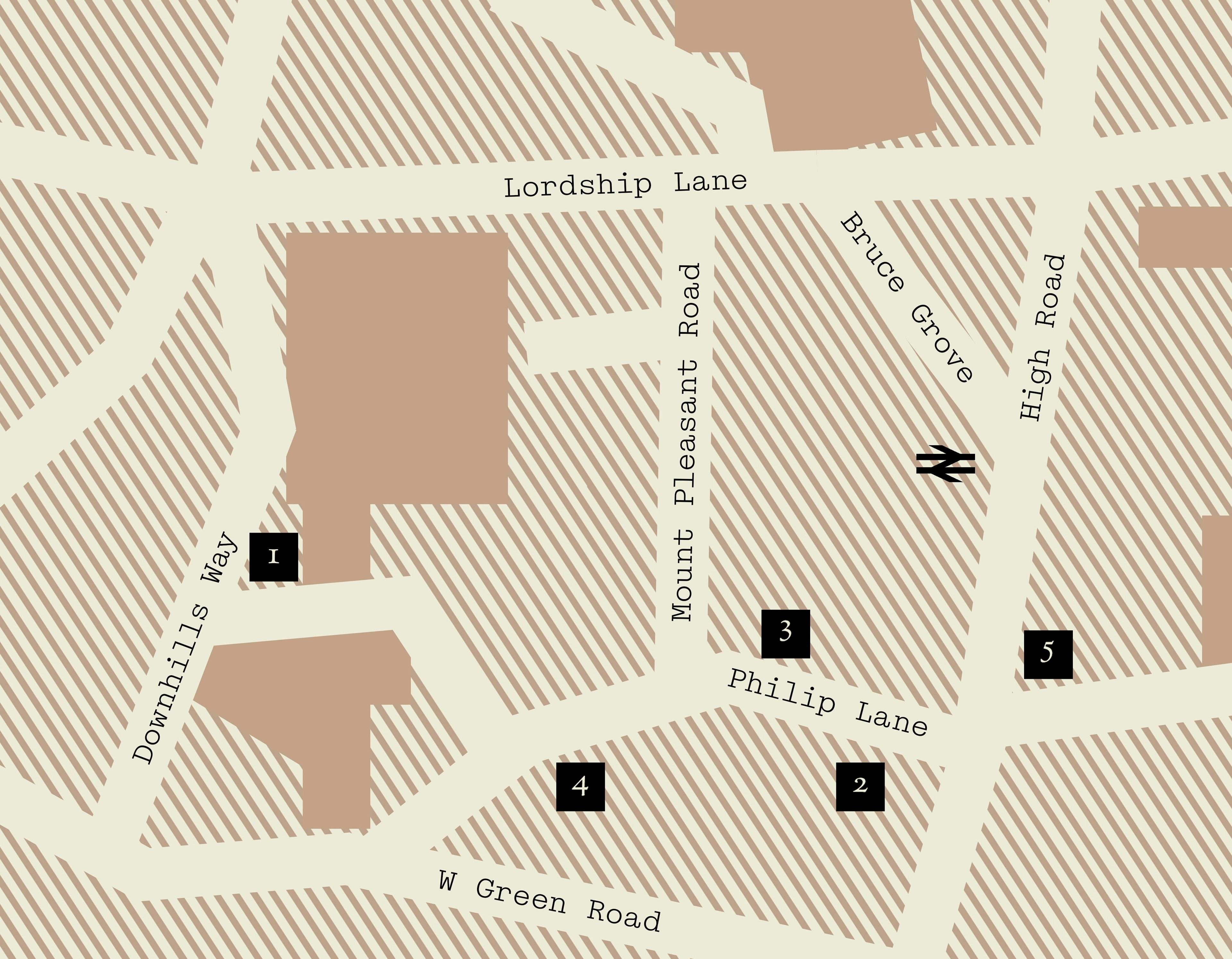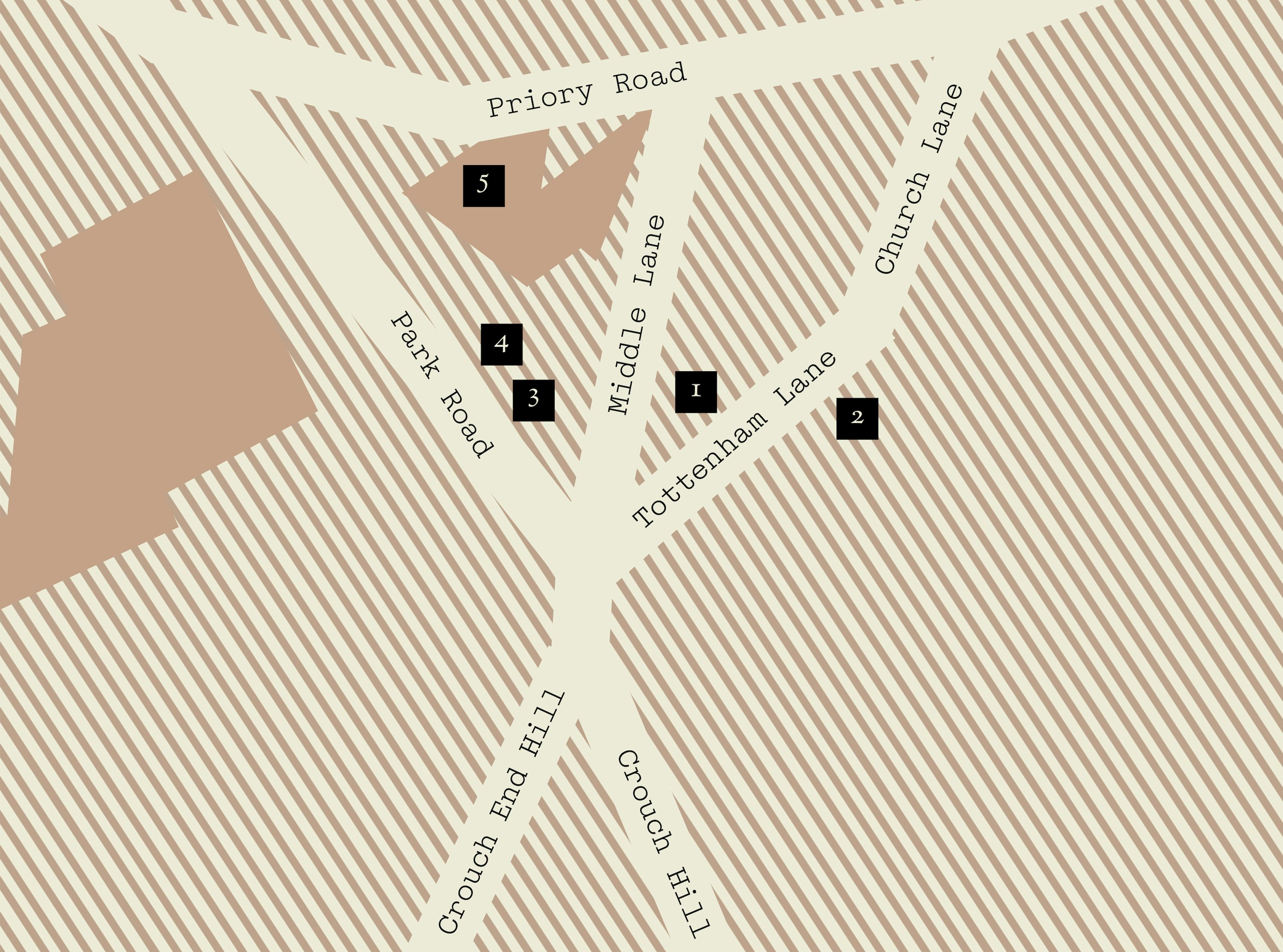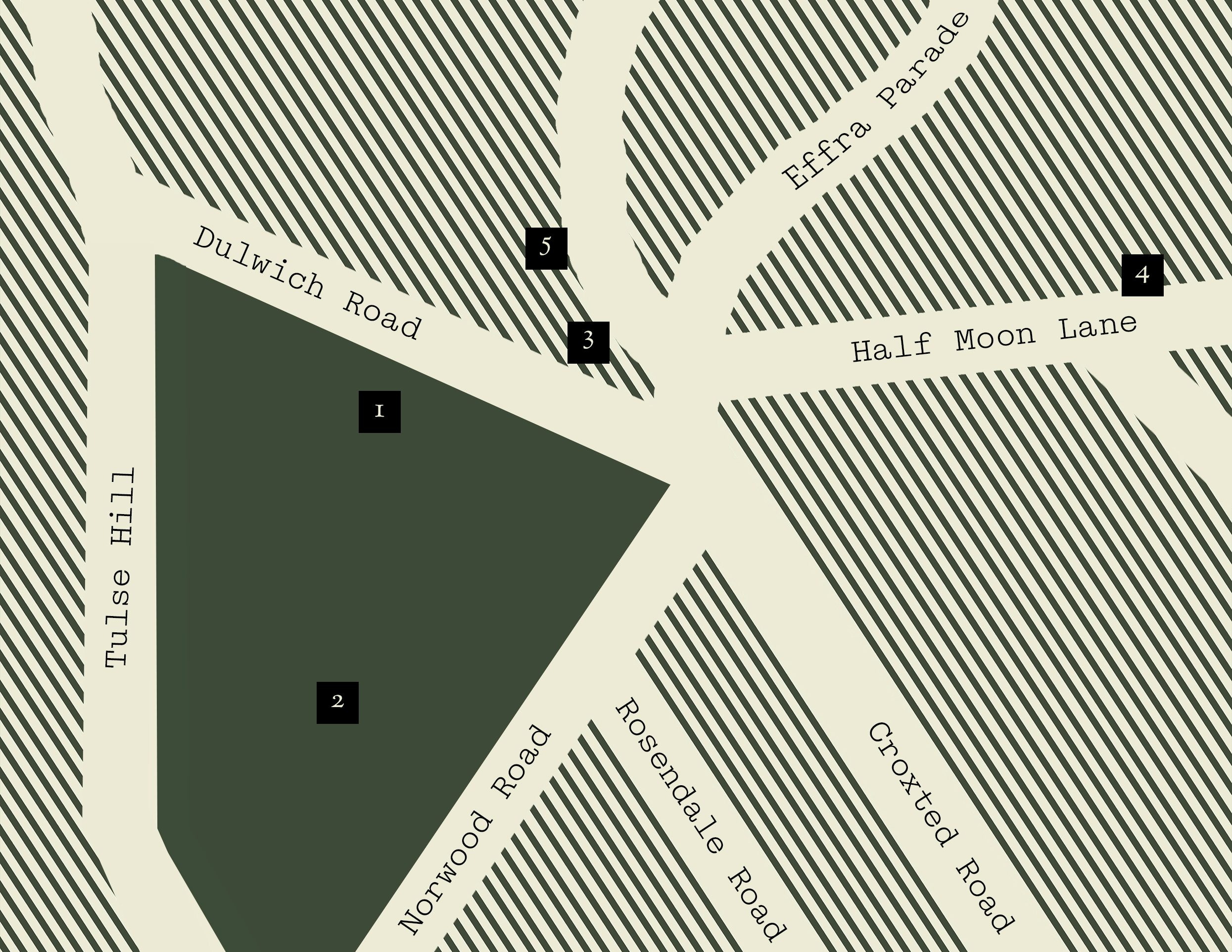Memoirs
Memoirs of a feminist estate agent: Ban the boards
Words by
Ellie Rees
Whilst in my home of Wiltshire, I was reminded that an estate agent’s board at the top of a country lane is likely to prompt a moment’s reverie - what dream house, or perfect patch of land, is hiding at the end of that bumpy track? It seems to me that in rural areas, estate agent boards still play an important role in advertising land or property for sale. We’re all familiar with stories of people falling for a house that was stumbled upon after taking a wrong turn on holiday in Devon. In the city, though, it’s a different matter.
How did you find your home? Did you pound the pavements in search of ‘For Sale’ signs? If so, you’re in a minority. A 2013 survey found that almost 95% of people started their property searches online, and with our ever-more digitalised lives that number has undoubtedly only increased. In an era dominated by Rightmove and Zoopla, is putting up boards redundant? If the data doesn’t stack up, we have to question why the practice persists.
To answer this question, a good starting point is an understanding of the purpose of a board. It might purport to be advertising the property, but of course, what is actually being advertised is the estate agent. My fellow agents would no doubt argue that if an advertising opportunity is available, take it. And that’s a fair point. But does it outweigh the negatives?
The first strike against boards is the cost. When Brickworks began, we drew up a list of pros and cons to decide whether we wanted or needed boards. The most obvious case against was the expense. Anything that keeps overheads low is good for us and helps keep fees reasonable for our clients.
But an even more compelling argument is the environmental impact. Boards are usually made from a plastic called Correx. Although technically recyclable, approximately 80% of the U.K’s boards end up in landfill, where they take around 500 years to biodegrade. Boards are usually attached with cable ties, which aren’t recyclable and which often find their way into rivers and oceans, where they’re catastrophic for wildlife.
With sustainability at the forefront of the corporate agenda, it’s a wonder why estate agents (in general) choose to ignore the negative impacts of boards on the environment. Surely, any agent with boards is missing an easy win for their clients, wider society and the planet no less!
If you’re not swayed by the environmental argument, there’s another reason to rid the world of boards, and it’s a big one - absolutely nobody likes them! People don’t want to look out of their windows at their road cluttered up with boards. They spoil the aesthetic, ruining handsome terraces and diminishing a street’s appeal. Appearing en masse the boards give the impression of chest-beating estate agents having a shouting match.
The law states that boards must be taken down within 14 days of a property being sold. The fact that this rarely happens highlights that it’s not about advertising properties at all. Just ponder why estate agents are so keen to support school fairs in exchange for putting up their boards. What it’s really about is territory marking. It’s to signal that they are the dominant estate agent of an area.
At Brickworks we take a different view. We’re not concerned with constructing imaginary boundaries that serve no one but the agent, and we don’t feel the need to defend against the competition. We’re confident in our ability to sell in any area of London. It’s why we’re postcode-agnostic, and it’s why we don’t buy into a practice which is outdated and unnecessary. Join me in my call to #BantheBoards.







